I was fortunate to hear Yaa Gyesi answer questions about her new novel Homegoing at Politics & Prose a few weeks ago. (Here is my review of her book.)
Here is what she had to say about Homegoing and her writing process.
Q: What was the inspiration for writing the novel?
A: I went to visit Cape Coast Castle in Ghana in 2009 on a grant from Stanford. The inspiration for the book was instantaneous once I got there. I knew that’s what the book would center around. British soldiers would marry local woman and live upstairs, and slaves were kept in the dungeons below. The castle is majestic and beautiful, contrasted with what was going on downstairs.
Q: Did you feel the weight of a spiritual presence there?
A. Yes. The place is haunted. How many people died there? They had no light, air or food.
Q: Your book focuses on the experience of women.
A: It is very hard to erase the pain of these people’s lives. Very little has been done to make amends for what they went through. When you go there, you feel grief and rage. How could this have happened for so many hundreds of years?
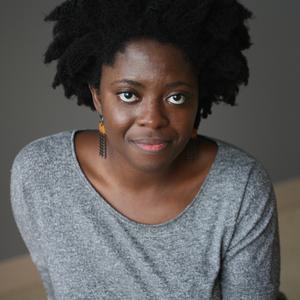 Q: Homegoing is not a bitter novel. Were you conscious of the emotional demands you were making on your readers?
Q: Homegoing is not a bitter novel. Were you conscious of the emotional demands you were making on your readers?
A: I did not want to ascribe blame. I wanted to show the complexity of the situation. There are no villains or heroes here; it’s a nuanced representation of how people came to evil circumstances.
Q: Do we all bear responsibility?
A: Yes, you’d have to wonder what would have happened if ethnic groups in Africa had banded together and fought back? We all had responsibility for stopping it before we did.
Q: What research did you do for Homegoing? How did you pick the Ashanti tribe? How did you establish the chronology for the book?
A: I picked the Ashanti tribe because they were central, inland and incredibly powerful. They were feared by both English and Africans. They won a lot of wars against the British. The Fanti are coastal, and would also sell people to the British. The two tribes would invade each other’s villages and sell the captives. I wrote chronologically, and would research what was going on in the background so that I could put it in the book. I didn’t want the book to feel stuffed with research.
Q: The book has one storyline in Africa and one in America, with 14 characters across separate sections.
A: I knew I wantd the book to end in the present tense, talking about the African-American experience. I made as many pitstops in between as possible. I needed it to cohere.
Q: Did you think of the different chapters as short stories?
A: No. The book always felt novelistic in scope. It felt complete and holistic. The chapters can be read separately but the point is what they all look like together.
Q: Did you ever second guess this structure and feel like you needed to write it in a more traditional way?
A: I started it in a more traditional way, but it wasn’t working. This structure suited me better.
Q You have a lot of different cultures in this book.
A: I grew up between cultures. I didn’t feel Ghanaian or African-American enough. This is the physical manifestation of straddling two worlds. I wouldn’t have written the book if I hadn’t been born in Ghana and grown up in Alabama.
Q: Who are your literary inspirations/heroes?
A: Toni Morrison – Song of Solomon totally got me started. Edward Jones. Jhumpa Lahiri.
Q: This is a story of disruption, where so much is lost. But there is hope too.
A: Diaspora is hugely important to me. My sense of self, racially, was confused. I was cut off from African culture and left for college asking a lot about diaspora. My trip to Ghana was a chance to connect with my own roots. The slave trade fractured families so completely. What did that mean for the future and our legacy?





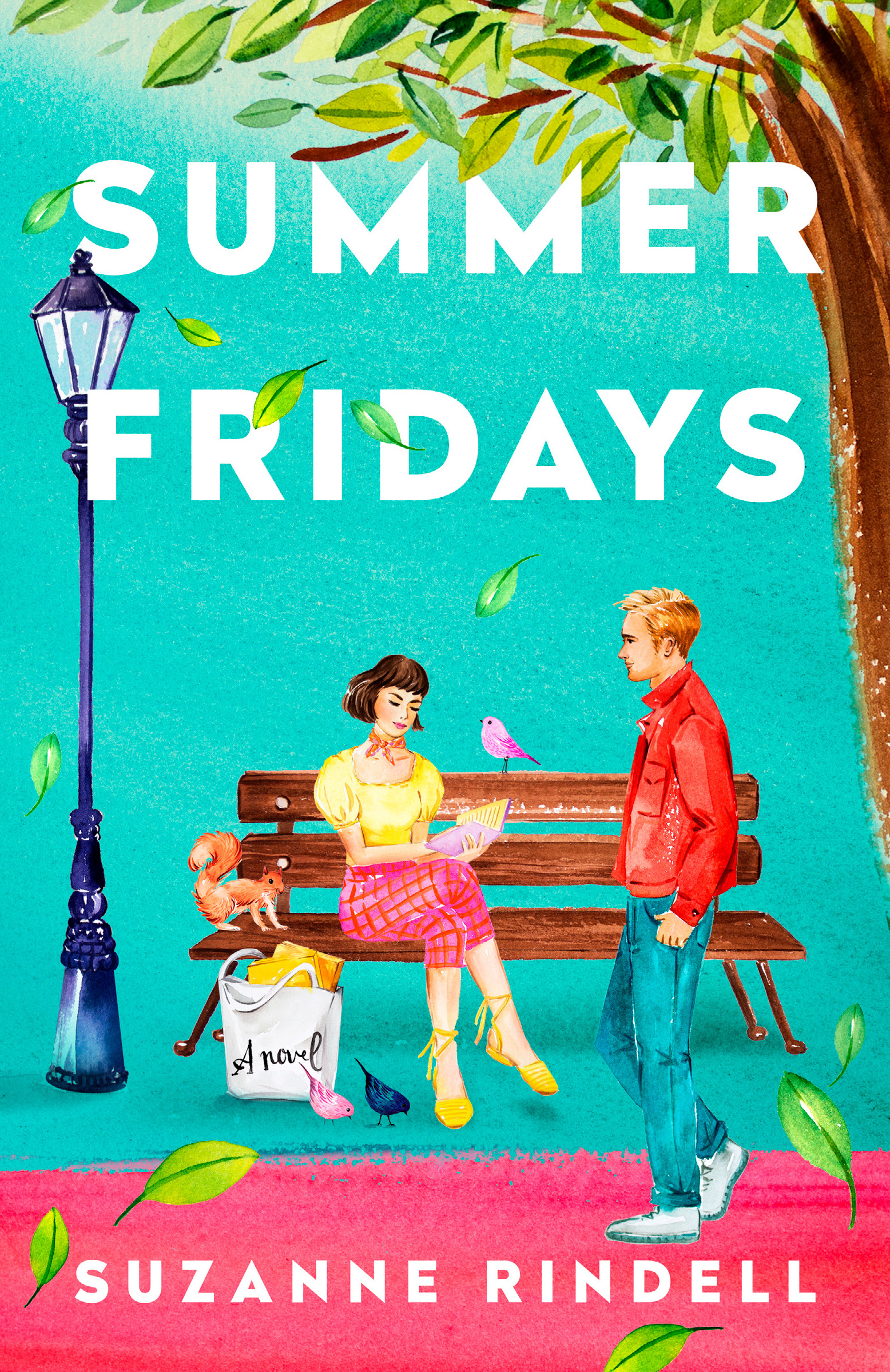

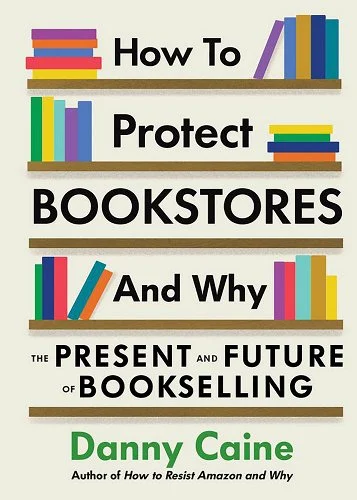
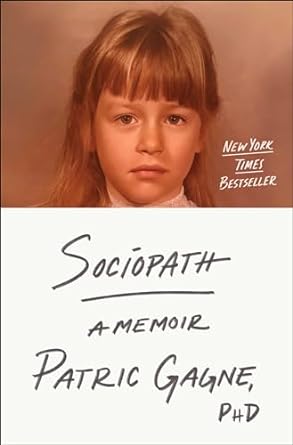
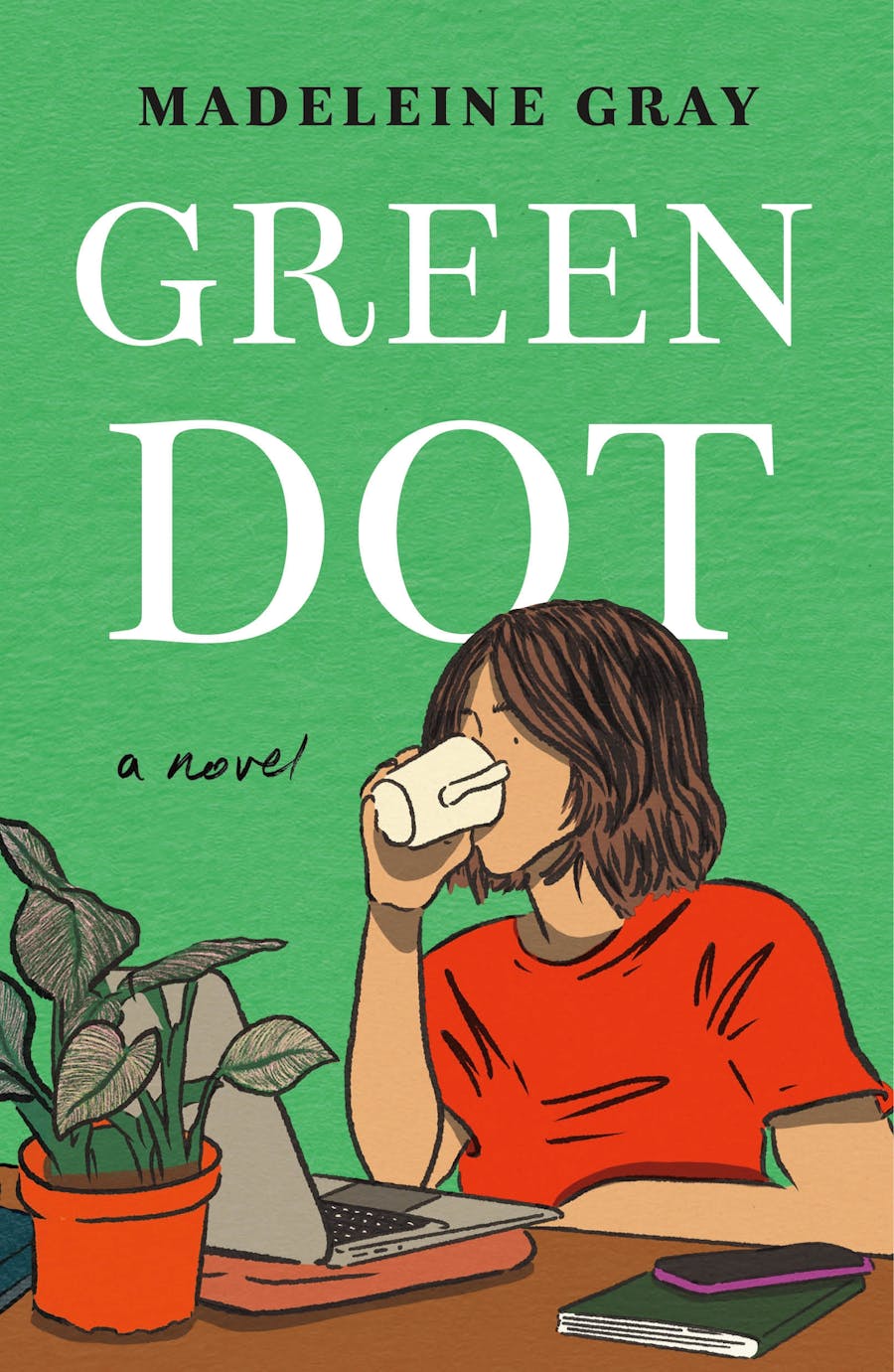
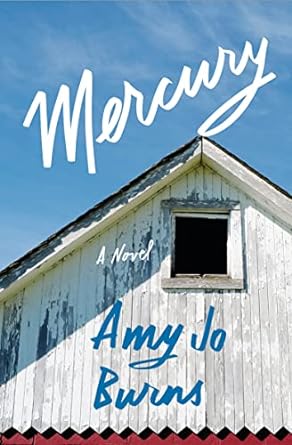

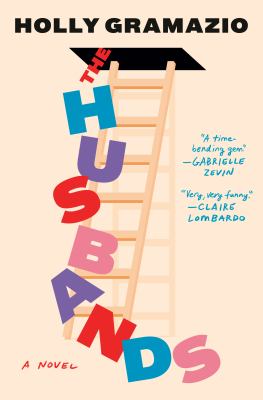
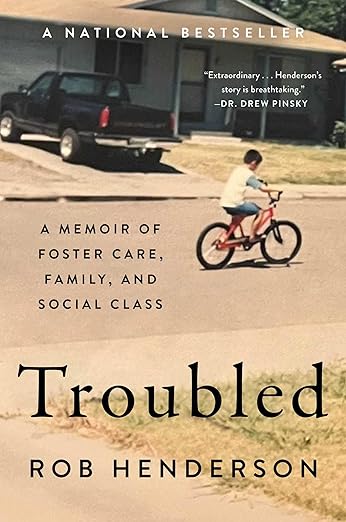
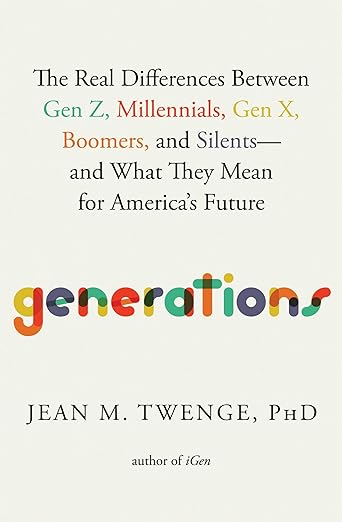
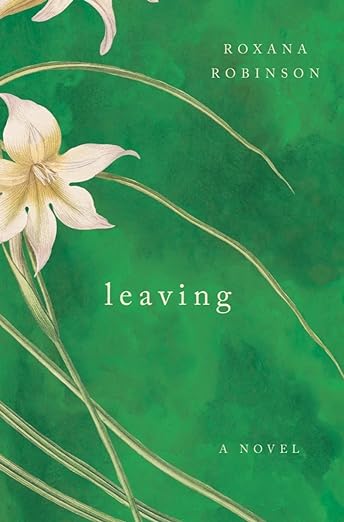
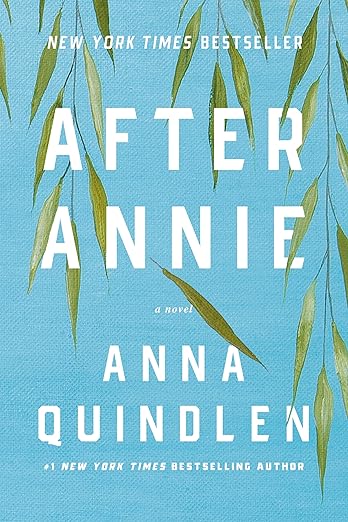
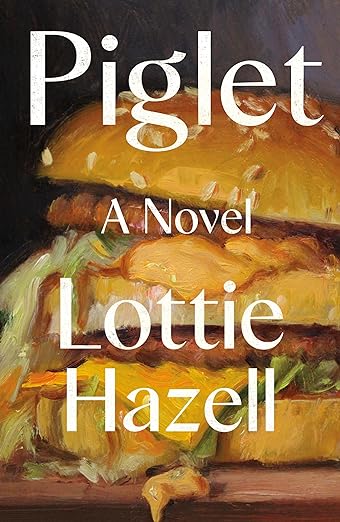
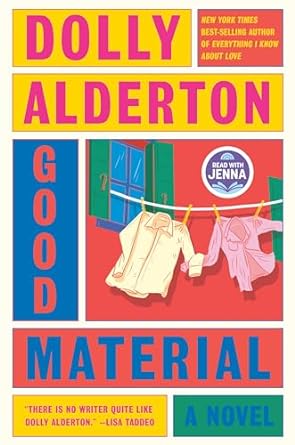
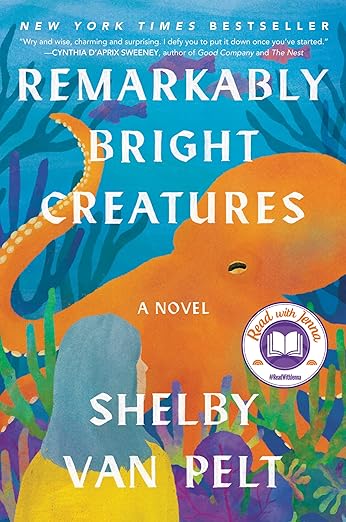
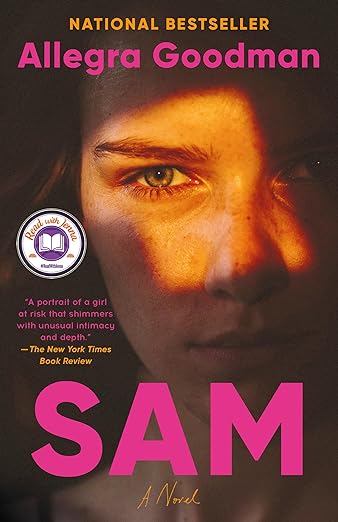
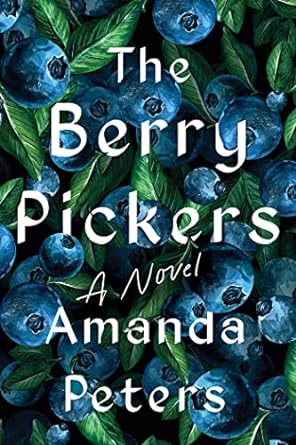
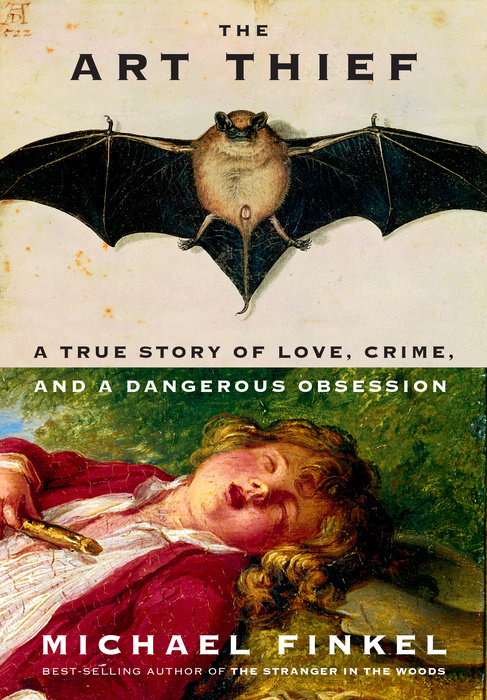
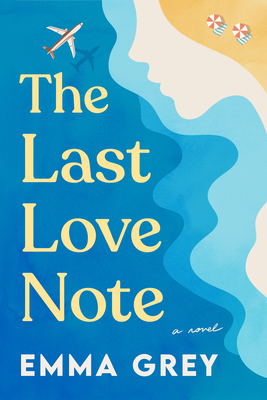
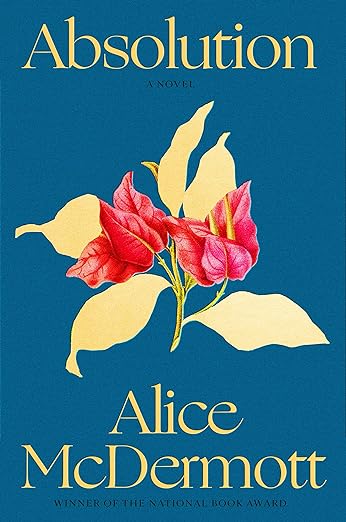
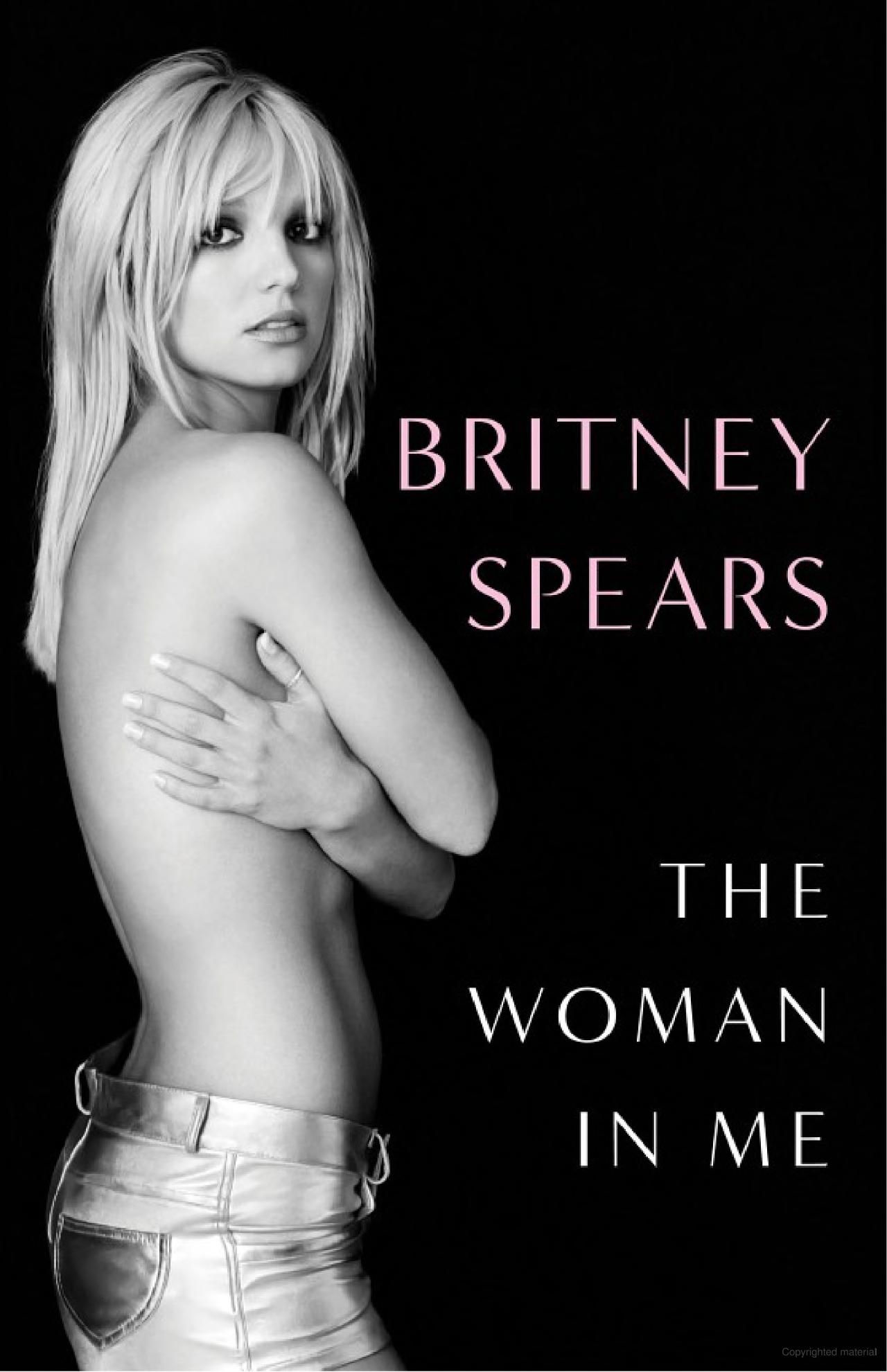
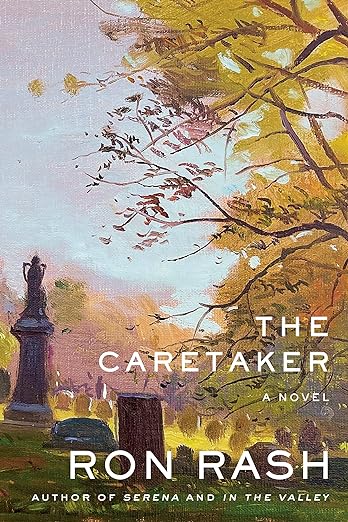
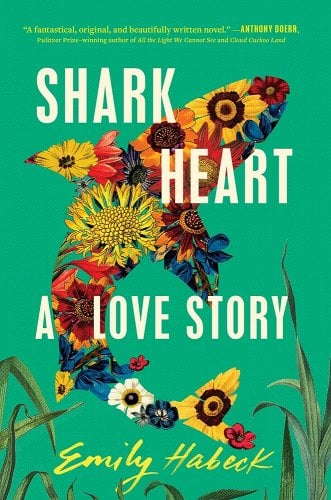
About Me
I have been blogging about books here at Everyday I Write the Book since 2006. I love to read, and I love to talk about books and what other people are reading.